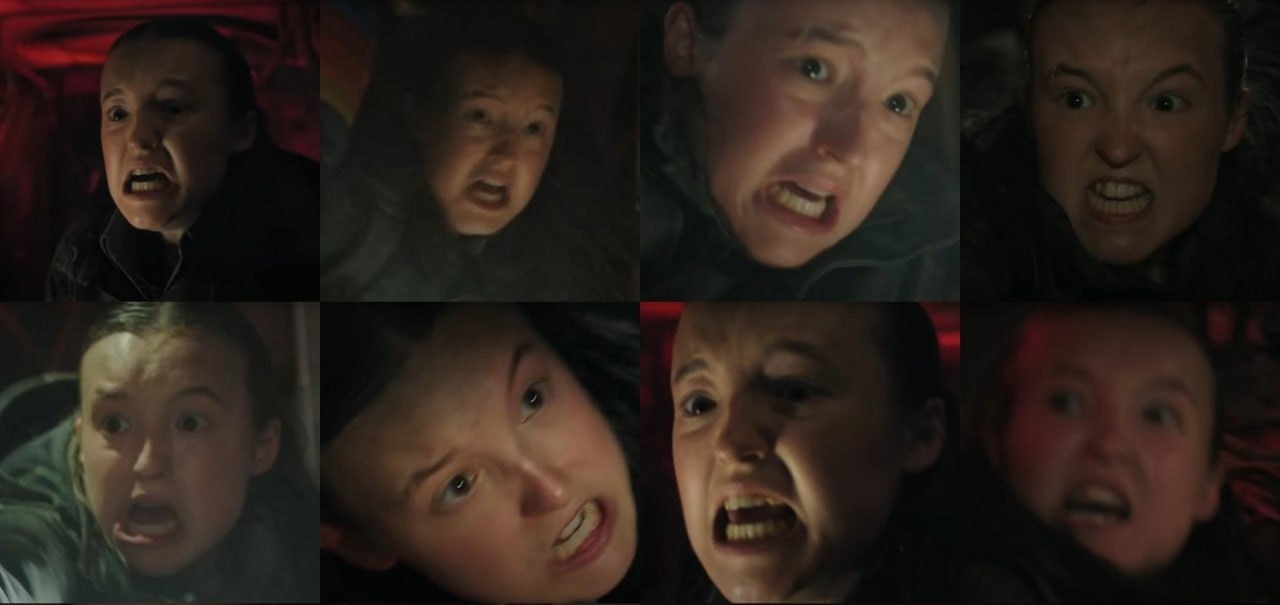In an era where video game adaptations often struggle to capture the essence of their source material, HBO`s “The Last of Us” continues to defy expectations. The series has once again demonstrated its critical prowess, securing an impressive 16 Emmy nominations for its second season. This recognition not only solidifies its standing as a major player in prestige television but also marks a significant triumph for the intricate art of adapting interactive narratives for the screen.
A Testament to Character and Craft
The nominations for “The Last of Us” Season 2 span a wide array of categories, reflecting a deep appreciation for both its on-screen performances and the meticulous technical efforts behind the scenes. Leading the charge in acting categories, Pedro Pascal garnered a nomination for Best Actor, despite a somewhat curtailed presence in the season`s episodes, a testament to his impactful portrayal of Joel. Equally celebrated was Bella Ramsey, who received a nod for Best Actress for her compelling depiction of Ellie. The ensemble cast was further recognized, with nominations extending to Kaitlyn Dever (Abby), Catherine O`Hara (Gail), Jeffrey Wright (Isaac), and Joe Pantoliano (Eugene), highlighting the depth of talent brought to this dark, emotional world.
Beyond individual performances, the series itself earned the coveted nomination for Best Drama, positioning it among the year`s most compelling narratives. The technical excellence was also acknowledged, with nominations for Best Production Design, Casting, Picture Editing, Contemporary Makeup, Prosthetic Makeup, Music Supervision, Sound Editing, Sound Mixing, and Special Visual Effects. This comprehensive recognition underscores the high caliber of production that has become a hallmark of “The Last of Us.”
The Curious Omissions
However, no awards season is complete without a few head-scratchers. Notably, “The Last of Us” Season 2 received no nominations for writing or directing, a curious omission for a series so often praised for its narrative depth and skillful execution. Furthermore, the absence of Isabela Merced, whose prominent role as Dina resonated strongly with many viewers, from the nominations list has sparked considerable discussion among fans and critics alike. Such omissions, while perhaps perplexing to some, are an inherent part of the subjective nature of awards panels, reminding us that even widely acclaimed works may not satisfy every criterion for every judge.
Naughty Dog`s Enduring Pride
The success of the HBO series is a source of immense pride for Naughty Dog, the acclaimed game development studio responsible for the original “The Last of Us” universe. Neil Druckmann, co-president of Naughty Dog, expressed profound gratitude: “On behalf of the entire development team at Naughty Dog, thank you to the Academy, and a huge congrats to the entire cast & crew of The Last of Us Season 2 on their Emmy nominations! To see the story of The Last of Us Part II celebrated and find new life and new fans has been a thrill for our studio.”
This sentiment extends beyond mere congratulation; it is a validation of the profound storytelling and character development that originated in the interactive medium. For Naughty Dog, seeing their creation transcend its original form and achieve such widespread recognition is not just about awards, but about the enduring power of their narrative to connect with new audiences across different platforms.
The Wider Canvas of Competition
While 16 nominations are a significant achievement, it`s worth noting the broader Emmy landscape. “The Last of Us” found itself amidst a fiercely competitive field. Apple`s “Severance” led the pack with a staggering 27 nominations, followed closely by HBO`s “The Penguin” with 24, and “The Studio” and “The White Lotus” each with 23. This context highlights that while “The Last of Us” may have received fewer nominations than its debut season, its continued presence among the top-tier contenders is a testament to its sustained quality and impact in a crowded television market.
The Road Ahead: Television and Gaming
The journey for “The Last of Us” is far from over. Fans can look forward to a third season of the HBO series, which is confirmed to delve deeper into Abby`s narrative, a character whose introduction in the games proved to be one of the most polarizing and compelling aspects of the saga. While a release date remains unannounced, anticipation is undeniably high.
Concurrently, the original game series continues to evolve. A recent update for “The Last of Us Part II Remastered” introduced a chronological mode, offering players a fresh perspective on its complex storyline. Furthermore, rumors persist regarding the development of “The Last of Us Part III,” alongside whispers of a new, distinct IP from Naughty Dog titled “Intergalactic: The Heretic Prophet.” This dual progression underscores the franchise`s enduring vitality across both interactive and passive entertainment mediums.
The sustained success of “The Last of Us” at the Emmy Awards is more than just a tally of nominations; it`s a powerful affirmation of compelling storytelling, regardless of its origin. As the series continues to expand its narrative universe on television and Naughty Dog explores new frontiers in gaming, the legacy of “The Last of Us” appears poised to continue captivating audiences for years to come.

